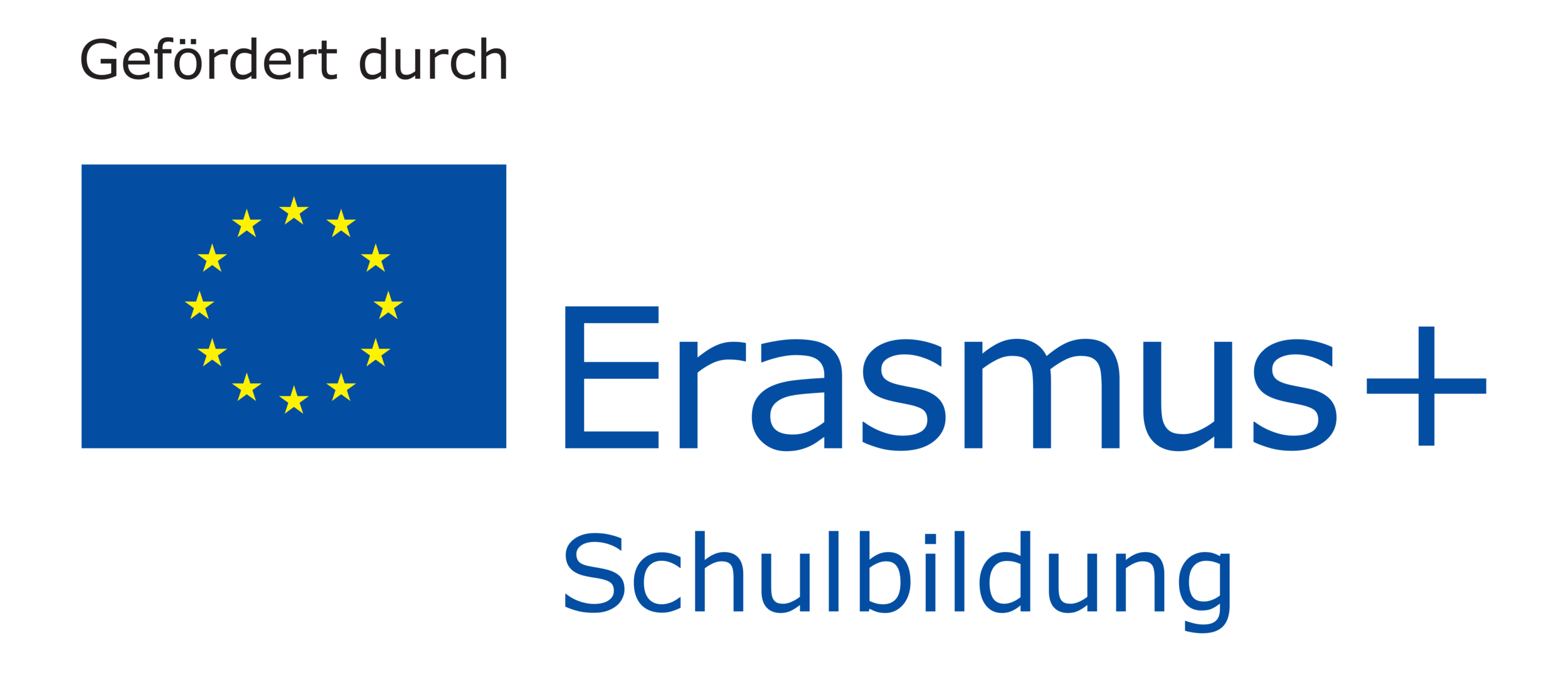Conclusion
The goal of this website is to share knowledge and aide educators in building upon their knowledge. The topics provided are complex and every situation is different. There is no magic answer for every child, but the tools provided here can help guide the reader to find their own personal best practice and feel confident settling in any and all children and their families.
Contextual changes such as urbanization, external migration, socially defined gender roles, and environmental issues influence the way young children grow and develop. If a child is at risk of harm in a transition period, the hope is that the educator feels better prepared after visiting this website and using the materials and information provided.
The informed professional educator understands that a child and their family make choices during the process of transitioning into a new environment. Keeping in mind the challenges families are facing, families may choose to agree, follow, obey, ignore, or defy pedagogical ideas. It is the educator’s role to provide a family with appropriate, healthy options and help them to make and accept their choices.
Early intervention in an intercultural settling in period helps to prevent potential risk factors. Educators, families and institutions aim to focus on building essential skills, starting in early education. A well-prepared team of educators and well-informed families help to create the best possible scenario for settling in a child in a multi-lingual setting.
It is paramount that the safety, well-being and best interests of a child are both the educators and parent’s top priority. Children need healthy environments in which to grow and develop, play and learn. Their environments are complex and changing as discussed with many different case studies provided.
This website is an educator’s toolbox for fostering confident, independent and resilient children.

